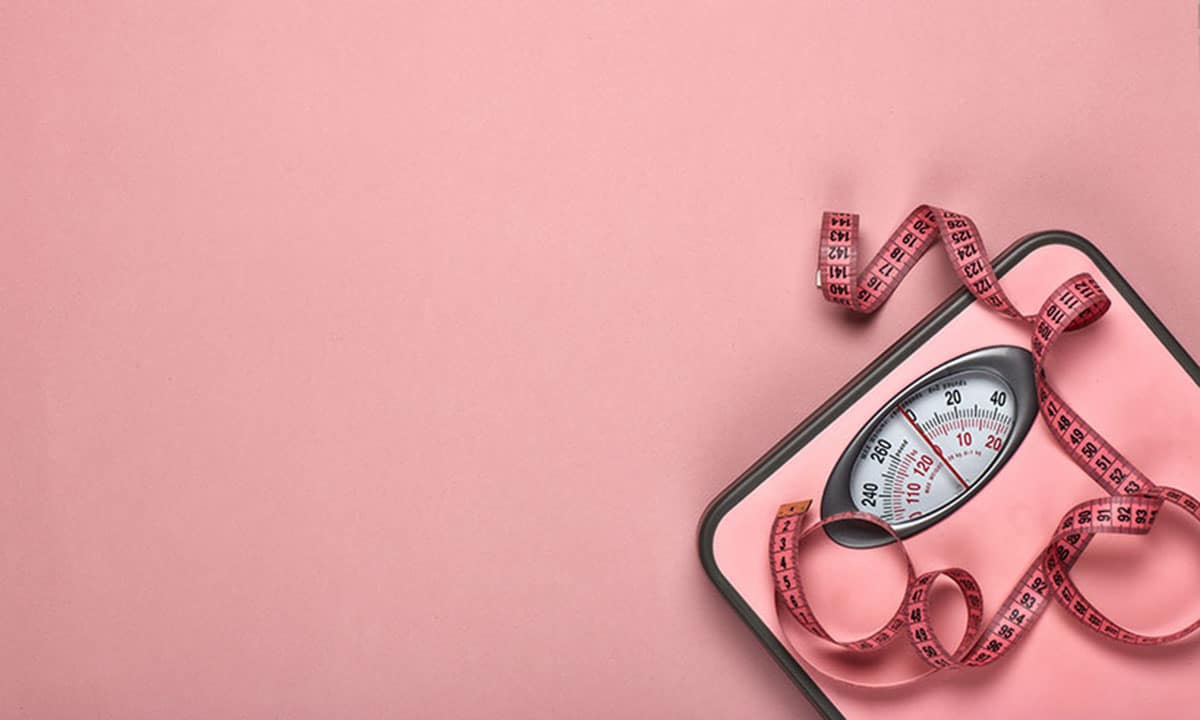
Over 1 billion people around the world will be at home for the next several weeks to prevent the spread of COVID-19. There is a familiar refrain being heard on social media, in telemedicine visits, and WhatsApp conversations around the world: “I’m worried about gaining weight.” In fact, this worry has given rise to a new colloquialism—the “Quarantine 15”.
It turns out that this worry is entirely justified. The coronavirus pandemic, need for quarantine, and fear of infection all lead to high levels of stress and anxiety. In response, the body begins to secrete stress hormones—including cortisol—that can lead to higher appetite and cravings for calorie-rich (i.e. sugary and fatty) foods (1). Moreover, in some individuals—especially those who are already overweight—consuming foods high in sugar and fat activate the brain’s reward system, creating a positive feedback loop termed “hedonic overeating” that persists as long as stress levels remain high (2). Said another way, locked away in a home well-stocked with food in a high-stress environment is the perfect storm for overeating and weight gain.
Social distancing can also take its toll on mental health which in turn, can also lead to weight gain. For many impacted by the quarantine, the isolation and loneliness may exacerbate underlying depression. Depression, like prolonged periods of stress, activates cortisol and other hormones that drive increased intake of comfort foods. Moreover, depression leads to increased sensitivity to daily stressors, heightening all the biological responses discussed previously (3).
In one study, participants who reported one or more stressors in the previous 24 hours burned 104 fewer calories than those who reported none. That difference alone could amount to an 11-pound weight gain over the course of a year (3). In a more extreme example, a meta-analysis of 11 studies that examined weight gain in prisoners—a population that by definition is in a high-stress, confined environment but often without access to calorie-rich food—concluded that between 43% and 73% of inmates were expected to gain weight at an average of 0.43 pounds per week (4).
The coronavirus quarantine is unprecedented in its scope. While it may decrease the spread of COVID-19, it will have negative consequences on metabolic and mental health. Moreover, given the nature of the biology involved, the longer the quarantine lasts, the more extensive the damage. While individuals under quarantine may seek to stem some of these negative effects by striving to eat healthier, exercise at home, and safeguard mental health, it may not be enough to overcome the longer-term health impacts.
As the quarantine is lifted, providers should not only be cognizant of the “Quarantine 15” and the tools they have to help people lose the extra weight but also the total sum of negative impact to the mind and the body. With close to 3 million people around the world dying every year from being overweight or obese, even a modest increase in the global population’s weight could have tragic consequences. Swift action is required to reverse the toll this quarantine will take with the goal of rewinding the body’s clock back to the pre-coronavirus days.
References
1. The effects of stress on body weight: biological and psychological predictors of change in BMI. Roberts C, Troop N, Connan F, Treasure J, Campbell I. 2007, Obesity, Vol. 15, pp. 3045-3055.
2. Stress and eating behaviors. Yau Y, Potenza M. 3, 2013, Minerva Endoscrinol, Vol. 38, pp. 255-267.
3. Daily stressors, past depression, and metabolic responses to high-fat meals: a novel path to obesity. Kiecolt-Glaser J, Habash D, Fagundes C, Andridge R, Peng J, Malarkey W, Belury M. 7, 2015, Biol Psychiatry, Vol. 77, pp. 653-660.
4. Weight gain during incarceration: systematic review and meta-analysis. Gebremariam M, Nianogo R, Arah O. 1, 2018, Obes Rev, Vol. 19, pp. 98-110.